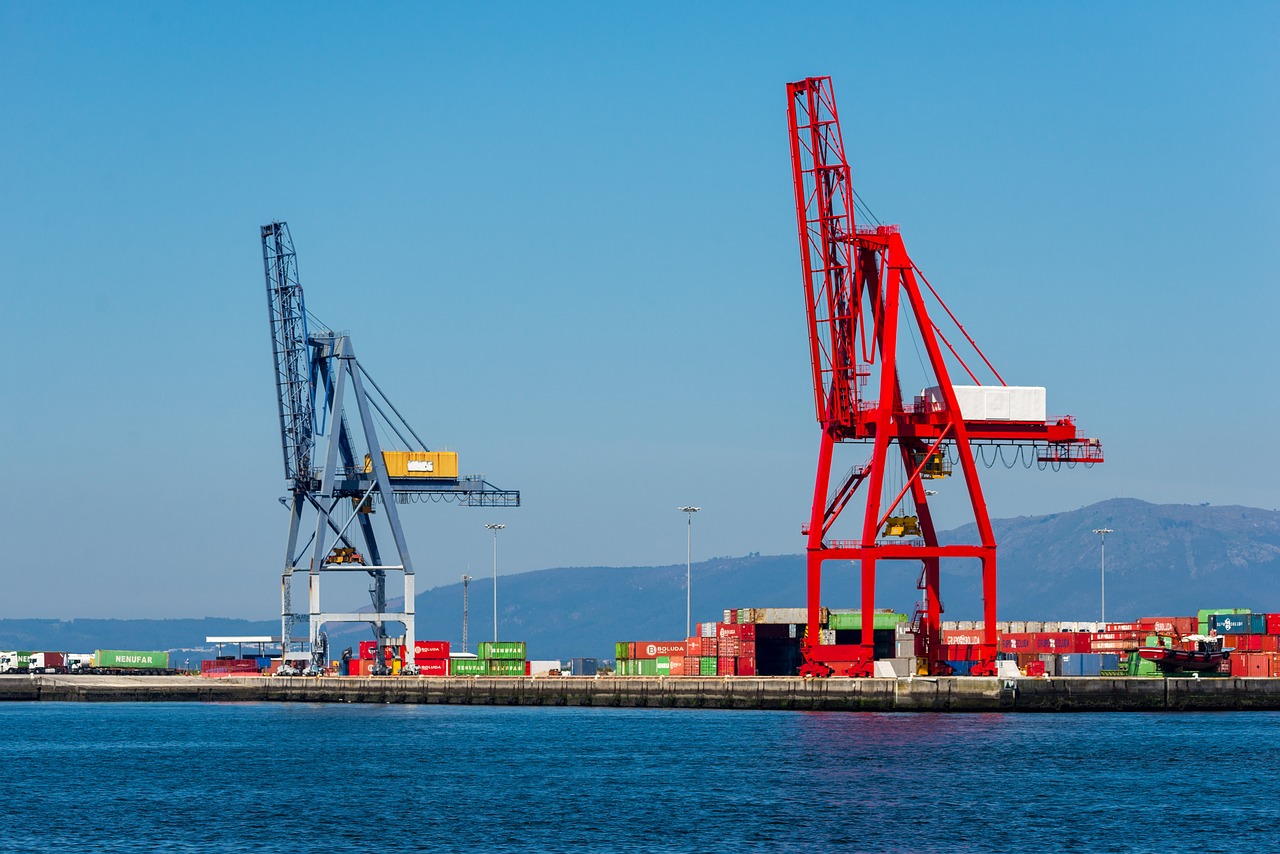
1. How to determineExport agentDo you have legal qualifications?
According to the latest filing data from the General Administration of Customs in 2025, 34.7% of foreign trade disputes stem from deficiencies in partner qualifications. When verifying agent credentials, key checks should include:
- Basic Document Integrity
- Business License (Registered Capital Not Less Than 3 Million RMB)
- Customs AEO certification certificate
- International freight forwarding qualification (FIATA membership preferred)
- Special Qualification Matching Degree
- Hazardous Materials Transport Permit (Special Attention Required for Chemical Products)
- Food Import and Export Registration (Mandatory Requirement for Food Categories)
What key aspects should the agency service scope cover?
High-quality agents should provide full-chain services:
- Basic Services
- customs clearanceDeclaration for Inspection (including HS Code classification)
- International transportation solution design
- Value Added Services
- The destination countryCustoms clearanceAssist (especially emerging markets)
- Trade Compliance Review (Key Implementation Points of RCEP Rules for 2025)
- Tax Refund Advance Service (Essential Support for Cash Flow)
3. How should the agency fee structure be evaluated?
Beware of "low-price traps." Industry research for 2025 indicates that the reasonable fee range should be 1.8-3.2% of the cargo value. The fee structure must be clearly defined:
- Fixed fees (customs clearance fee, documentation fee)
- Floating charges (ocean freight surcharges, destination port miscellaneous fees)
- Special Terms (Exchange Rate Fluctuation Compensation Mechanism)
IV. How to Verify the Overseas Network Capabilities of a Proxy?
Recommended verification through three dimensions:
- Please provide an overseas agency cooperation agreement (must include liability allocation clauses).
- Check the actual photos/videos of the cooperative warehouse at the destination port.
- Test emergency response speed (simulated sudden customs clearance issues can be conducted)
V. What are the key risk points to watch out for in contract terms?
Typical cases of international trade contract disputes in 2025 indicate that special attention should be paid to:
- Ownership Transfer Clause (Avoiding Both Loss of Payment and Goods)
- Definition scope of force majeure (including sudden policy changes in the destination country)
- Choice of Dispute Resolution Venue (It is recommended to stipulate arbitration in China)
6. How to evaluate an agent's emergency response capability?
You may request the provision of typical cases from the past three years:
- Cases of Handling Customs Inspection Exceptions
- Solutions for Port Congestion at Destination Port
- Emergency Response Record for Trade Sanctions
7. Is digital service capability essential?
In accordance with the digital reform requirements of the General Administration of Customs for 2025, it is recommended to select those with:
- Real-time Cargo Tracking System (API Integration Supported)
- Electronic Document Management System (Compliant with Single Window Standards)
- Intelligent Compliance Alert Function
8. How to establish a long-term cooperation trust mechanism?
It is recommended to establish cooperation in phases:
- Initial stage (3-6 months): Small batch trial orders to assess fulfillment capabilities.
- Medium-term (6-12 months): Establish a data sharing mechanism.
- Long-term (over 1 year): Negotiate customized service solutions.


 Follow Customer Service WeChat
Follow Customer Service WeChat